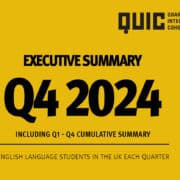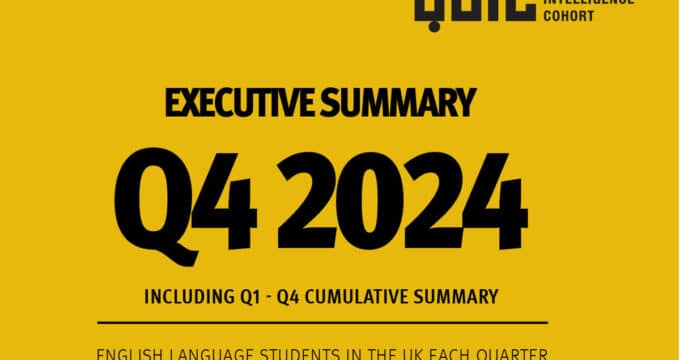Canada’s immigration ministry proposes new compliance regime for institutions and schools
- The Canadian government is planning a new compliance reporting system for post-secondary institutions
- Under the new rules, Canada’s immigration ministry will be able to suspend study permit processing for non-compliant institutions
- Students will also be required to file a new study permit application before transferring to a new institution or school
- The proposed rules will also see the limit on off-campus work during studies rise from 20 hours per week to 24 hours per week
Immigration, Refugees and Citizenship Canada (IRCC) has proposed a series of regulatory changes to the country's international student sector. The new rules, , require a new level of compliance reporting on the part of Canadian institutions and schools. They also:
- Provide IRCC with the authority to suspend study permit processing for non-compliant institutions;
- Require that students apply for a new study permit when transferring to a new institution; and
- Expand the limit on off-campus work during study from the current 20 hours per week to 24 hours per week.
The headline item is the new compliance reporting and suspension authority extended to IRCC under the draft regulations. This bumps up against the sometimes-contentious division of federal-provincial jurisdiction within Canada. As a statement accompanying the draft regulations explains:
"The administration of the International Student Programme (ISP) is a shared responsibility between IRCC and Provinces and Territories (PTs). For its part, IRCC is responsible for setting policy regarding the entry of international students, establishing the conditions study permit holders must meet while in Canada, and deciding whether a study permit should be issued to an applicant."
"For DLIs [Designated Learning Institutions] to receive international students to study in Canada, they must be designated by the province or territory based on a set of standards [mutually agreed by the province or territory and IRCC]…PTs also set their own standards that DLIs must meet in order to be designated by their jurisdiction. PTs inform IRCC when institutions need to be added or removed from the public DLI list, which enumerates the institutions who are allowed to receive students within a given province or territory."
As that summary indicates, under the proposed regulations IRCC is effectively assuming a greater role for DLI oversight (and sanctioning) than has previously been the norm.
IRCC frames the move as a matter of industry integrity, and one that is designed to address the following three issues.
- "Under the existing regulations, the federal Government does not have the regulatory authority to compel reporting from DLIs as part of the compliance program and letter of acceptance verification system. Where DLIs are not reporting, IRCC does not have a reliable way of determining whether a student is attending the DLI and complying with their study permit requirements, and IRCC cannot effectively detect fraudulent letters of acceptance.
- Currently, IRCC cannot impose conditions on a non-compliant DLI, such as the suspension of study permit processing. This means that IRCC is required to issue study permits for students attending the DLI even when the DLI is not reporting to IRCC on student enrolment status or participating in the letter of acceptance verification system.
- Under the current regulations, IRCC cannot compel international students to notify the Department if they change DLIs. As a result, IRCC is unable in many cases to confirm student attendance and study permit compliance when a student changes DLIs. When students move between institutions without notification, this risks circumventing the study permit cap which has a negative effect on DLIs."
The regulations accordingly prescribe a number of mandatory reporting requirements for post-secondary DLIs. They also empower IRCC to suspend study permit processing for a non-compliant DLI "for a maximum period of 12 consecutive months."
"The regulatory amendments would allow IRCC to effectively respond to integrity challenges and address common occurrences of unethical behaviours that undermine the integrity of the programme," concludes IRCC's assessment of the proposed regulations. "The enhanced LOA verification system would allow IRCC to verify each LOA submitted with study permit applications before they are processed…Codifying the requirement to submit biannual compliance reports would allow IRCC to close the compliance gap that exists in [the current] regime…[And] requiring international students to obtain a new study permit when transferring to a new DLI would ensure that IRCC can more accurately assess and track student compliance with conditions set out in their permit and identify when they change DLIs."
The proposed rule changes follow a period of significant policy change in Canada, most notably the introduction of a cap on foreign enrolment alongside announced and pending changes to post-study work rights. They also follow a period of substantial growth in Canada's international student numbers. There were more than a million foreign students in the country at the end of 2023, representing a nearly two-thirds increase over the previous five years.
For additional background, please see:














